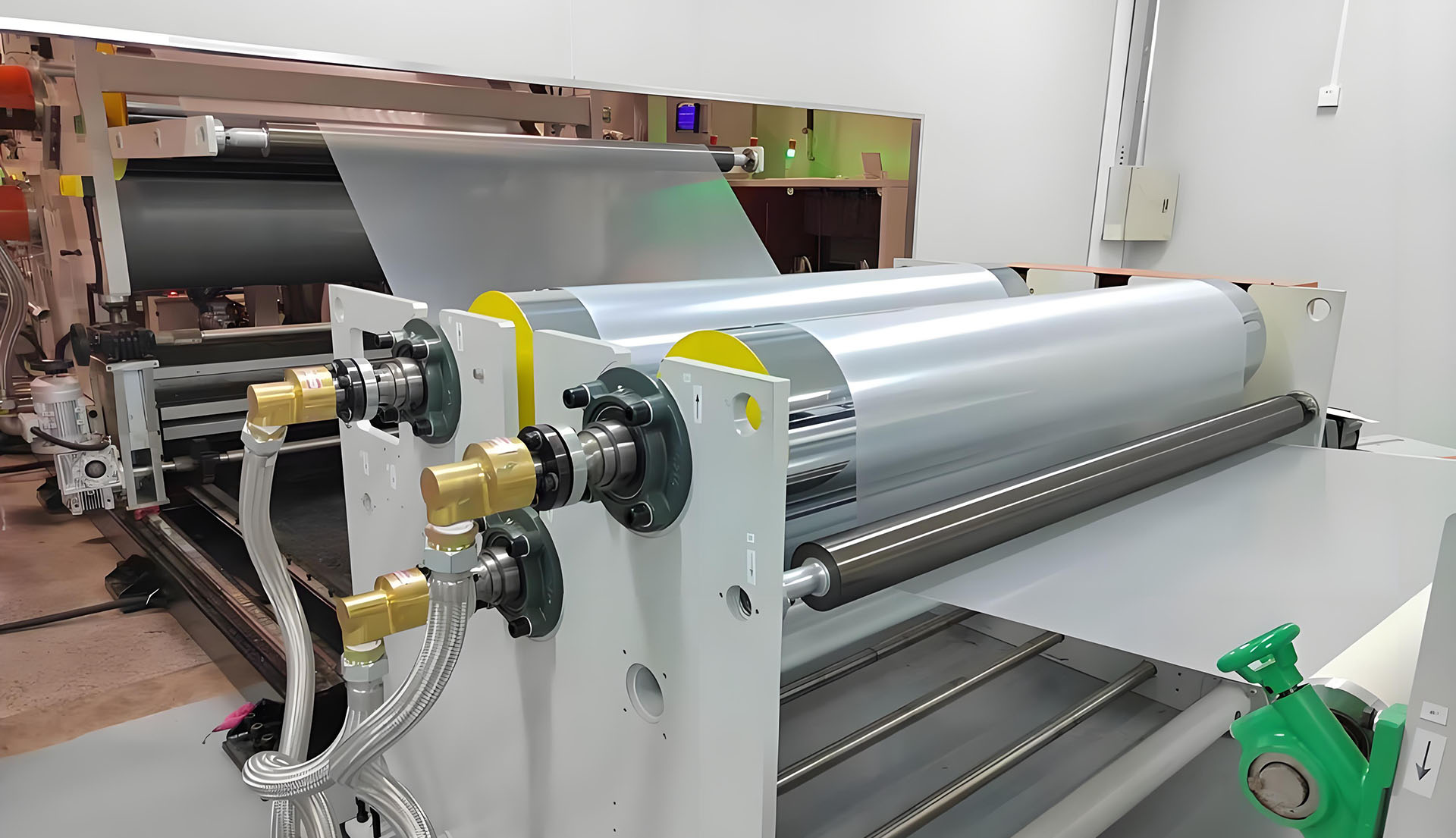Address
Building 1, No. 22, Shexi Yongping Road,
Dongguan, Guangdong, China
Work Hours
Monday to Friday: 7AM - 7PM
Weekend: 10AM - 5PM
Address
Building 1, No. 22, Shexi Yongping Road,
Dongguan, Guangdong, China
Work Hours
Monday to Friday: 7AM - 7PM
Weekend: 10AM - 5PM

If you’ve ever picked up a plastic container, food package, or even a car part, chances are you’ve encountered PP material. Short for polypropylene, it’s one of the most versatile and widely used plastics in the world. Below is a detailed breakdown of PP material, tailored to help you understand its properties, uses, and benefits—all optimized for clarity and relevance.
Polypropylene (PP) is a thermoplastic polymer made from propylene monomers through a polymerization process. Its chemical structure consists of repeating units of \(-CH_2-CH(CH_3)-\), giving it a unique set of physical and chemical properties that make it ideal for countless applications.
PP stands out among plastics due to its balanced combination of strength, flexibility, and cost-effectiveness. Here are its most notable characteristics:
Thanks to its versatility, PP appears in nearly every industry. Here are its most common applications:
Understanding how PP differs from plastics like PE (polyethylene) and PVC (polyvinyl chloride) helps in choosing the right material for a job:
| Feature | PP (Polypropylene) | PE (Polyethylene) | PVC (Polyvinyl Chloride) |
|---|---|---|---|
| Density | 0.90–0.91 g/cm³ (light) | 0.91–0.96 g/cm³ (lighter) | 1.3–1.4 g/cm³ (heavier) |
| Heat Resistance | Up to 120°C (continuous use) | Up to 80–100°C | Up to 60–80°C (risk of toxic fumes at high temps) |
| Flexibility | Stiff but bendable | More flexible (especially LDPE) | Rigid (unplasticized) or flexible (with plasticizers) |
| Food Safety | Safe for food contact | Safe (food-grade PE) | Risky unless labeled “food-grade” (may contain harmful plasticizers) |
| Recycling Code | 5 | 2 (HDPE) or 4 (LDPE) | 3 |
Polypropylene (PP) is a workhorse of the plastic industry, valued for its strength, heat resistance, and versatility. Whether you’re using a microwave meal prep container or driving a car, PP plays a silent but essential role in daily life. Its recyclability and safety also make it a sustainable choice for eco-conscious consumers and businesses.
For more details on specific PP products or applications, feel free to explore our site or contact our experts!